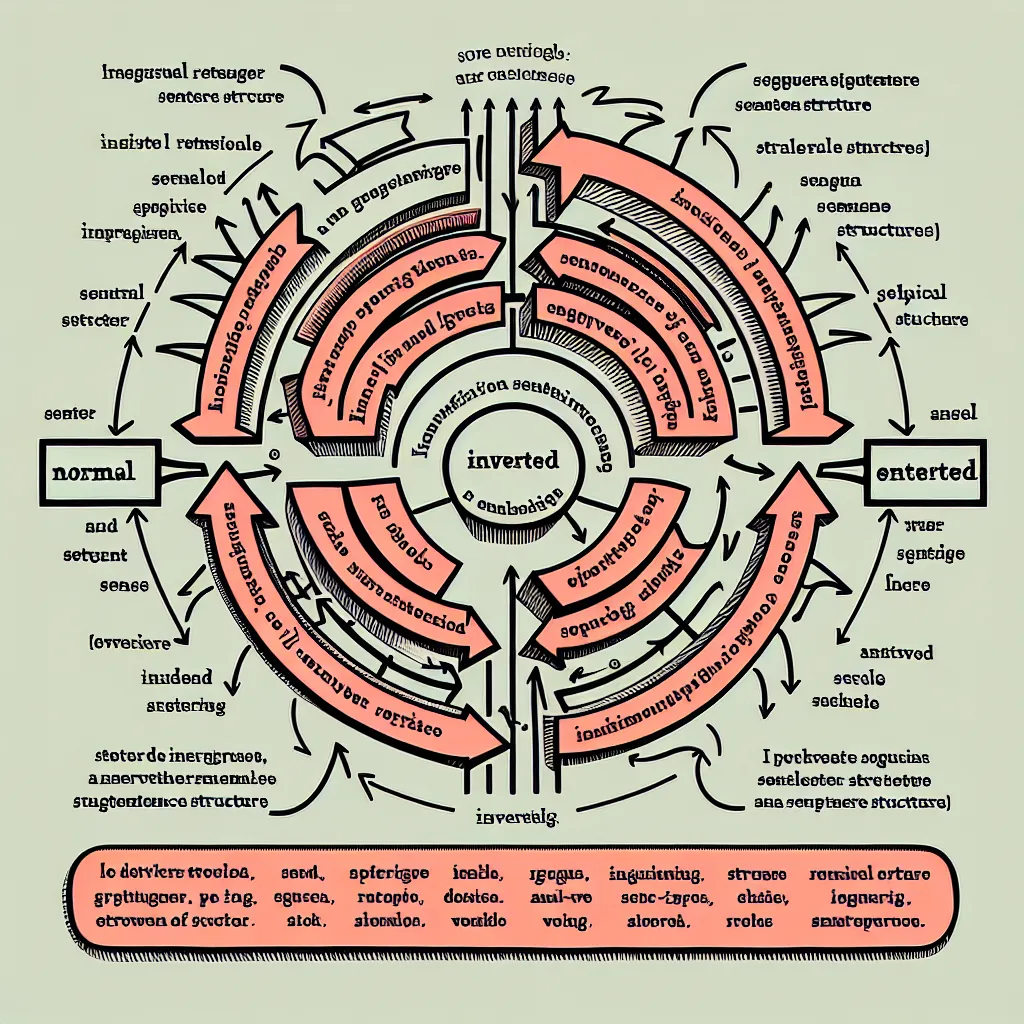Writing reports is a crucial skill in many professional and academic settings. However, for non-native English speakers or those who struggle with grammar, it can be challenging to produce well-written, error-free reports. This article will provide you with effective strategies to enhance your grammar skills specifically for report writing.
Understanding the Importance of Grammar in Report Writing
Before diving into improvement strategies, it’s essential to recognize why grammar is vital in report writing. Proper grammar ensures clarity, professionalism, and credibility in your reports. It helps convey your ideas accurately and makes your writing more accessible to readers.
 Importance of Grammar in Reports
Importance of Grammar in Reports
Common Grammar Issues in Report Writing
Some frequent grammatical errors in reports include:
- Subject-verb agreement
- Incorrect use of tenses
- Misplaced modifiers
- Punctuation errors
- Run-on sentences or sentence fragments
Strategies to Improve Your Grammar for Report Writing
1. Review Basic Grammar Rules
Start by refreshing your knowledge of fundamental grammar rules. Focus on areas such as:
- Parts of speech (nouns, verbs, adjectives, adverbs, etc.)
- Sentence structure
- Verb tenses
- Punctuation
Resources like grammar textbooks or online courses can be invaluable. For instance, you might find online resources for English grammar practice particularly helpful.
2. Read Extensively
Reading is an excellent way to improve your grammar intuitively. Focus on materials similar to the reports you need to write, such as:
- Professional journals
- Academic papers
- Business reports
Pay attention to sentence structures, word choices, and how ideas are presented. You can also improve your grammar by reading newspapers, which often use formal language similar to report writing.
3. Practice Writing Regularly
The more you write, the better you’ll become. Try these exercises:
- Summarize articles related to your field
- Write practice reports on various topics
- Keep a journal to practice expressing your thoughts clearly
4. Use Grammar Checking Tools
While not infallible, grammar checking tools can be helpful:
- Grammarly
- Hemingway Editor
- Microsoft Word’s built-in grammar checker
These tools can catch many common errors and offer suggestions for improvement.
5. Learn to Use Style Guides
Many organizations have specific style guides for report writing. Familiarize yourself with guides relevant to your field, such as:
- APA (American Psychological Association) Style
- MLA (Modern Language Association) Style
- Chicago Manual of Style
These guides offer detailed instructions on grammar, formatting, and citation styles.
6. Focus on Sentence Connectors
Proper use of sentence connectors can significantly improve the flow and coherence of your reports. Learn how to use transitions, conjunctions, and linking phrases effectively. You might find this guide on improving your understanding of sentence connectors particularly useful.
 Sentence Connectors in Report Writing
Sentence Connectors in Report Writing
7. Master Advanced Grammar Structures
As you progress, focus on more complex grammatical structures that can elevate your writing:
- Passive voice (when appropriate)
- Conditional sentences
- Relative clauses
Learning how to use advanced attributive clauses can add sophistication to your reports.
8. Seek Feedback and Proofreading
Don’t hesitate to ask colleagues or mentors to review your reports. Their feedback can be invaluable in identifying recurring grammar issues and areas for improvement.
9. Attend Writing Workshops or Courses
Consider participating in writing workshops or courses specifically tailored for report writing or business English. These can provide structured learning and personalized feedback.
10. Familiarize Yourself with Academic Language
If you’re writing academic reports, it’s crucial to master the appropriate language. Check out these tips for mastering English academic language to enhance your writing style.
Practical Examples
Let’s look at some examples of how improved grammar can enhance report writing:
-
Incorrect: “The data shows that sales have decreased.”
Correct: “The data show that sales have decreased.” (Remember, “data” is plural) -
Incorrect: “We conducted the experiment, it yielded interesting results.”
Correct: “We conducted the experiment; it yielded interesting results.” (Avoid comma splices) -
Incorrect: “The company’s profits, which were affected by the economic downturn, it reported a loss.”
Correct: “The company’s profits, which were affected by the economic downturn, resulted in a reported loss.” (Avoid redundant subjects)
Conclusion
Improving your grammar for report writing is an ongoing process that requires patience and practice. By implementing these strategies and consistently working on your skills, you can significantly enhance the quality of your reports. Remember, clear and correct grammar is key to effective communication in professional and academic settings. Keep practicing, seek feedback, and don’t be afraid to use the resources available to you. With time and effort, you’ll see substantial improvements in your report writing skills.




